Physical Address
304 North Cardinal St.
Dorchester Center, MA 02124
Physical Address
304 North Cardinal St.
Dorchester Center, MA 02124
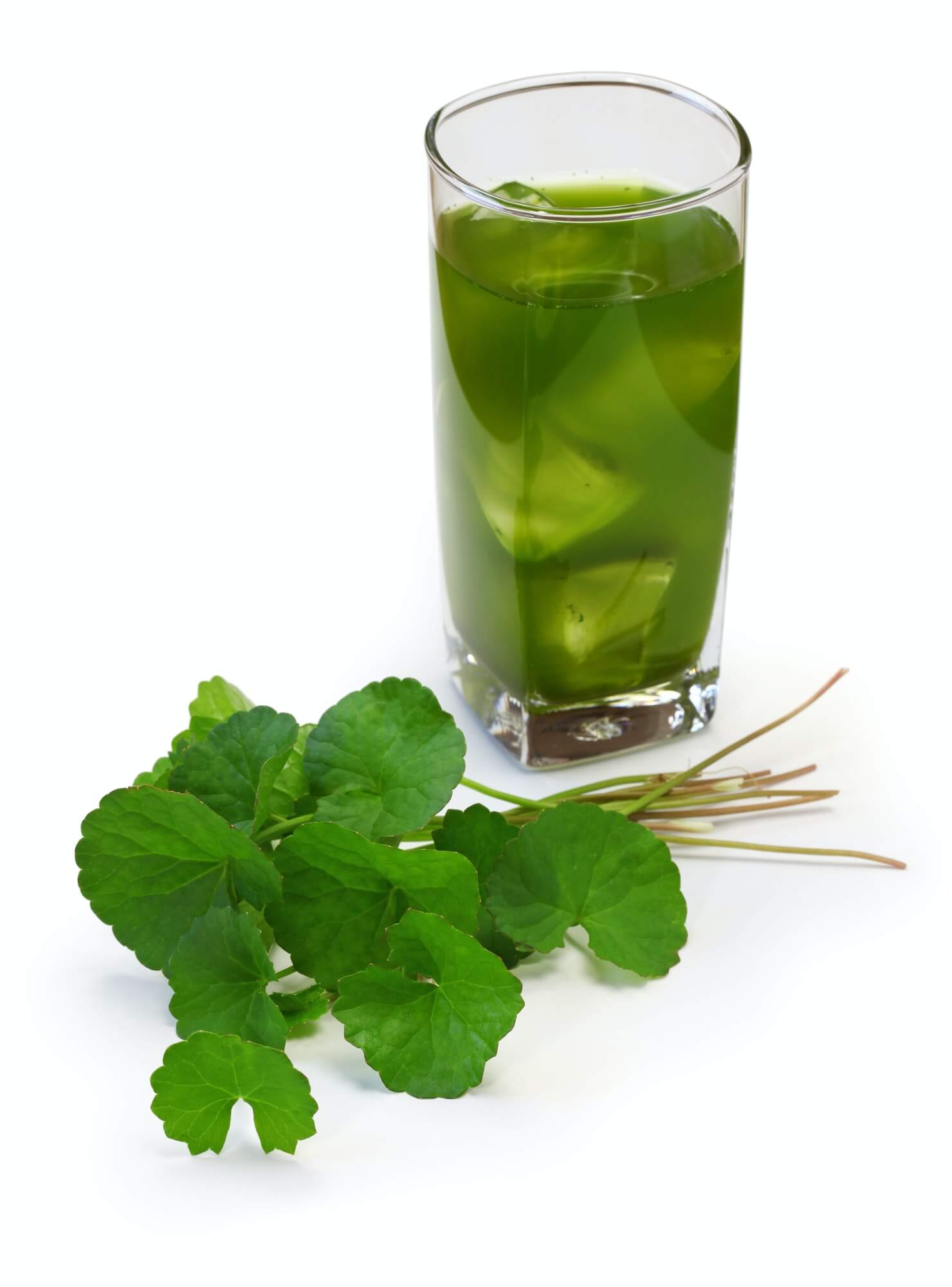
Unlock wellness naturally with 40 healing herbs! Explore the benefits of turmeric, ginger, lavender, and more. Holistic health at your fingertips.
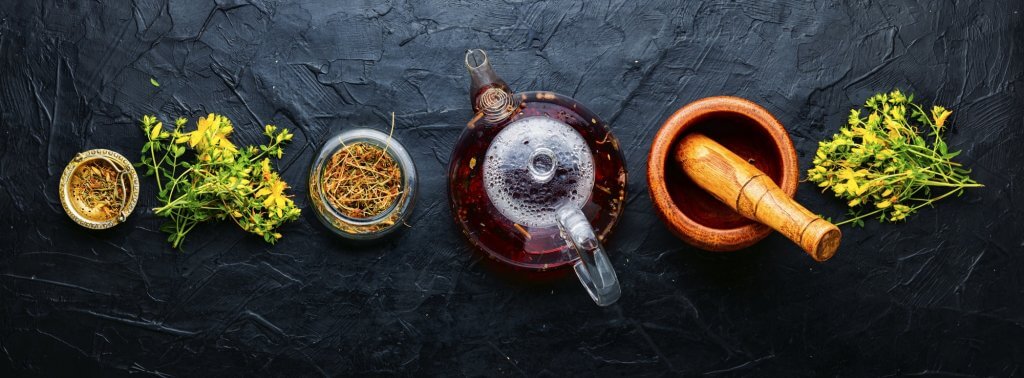
The quest for natural and holistic approaches to health and wellness has gained considerable momentum in the past few years. This article is a guide to a curated exploration into the world of herbal remedies, unveiling the transformative potential of 40 healing herbs. Rooted in ancient traditions yet relevant to modern lifestyles, these botanical wonders offer a diverse array of benefits, from soothing inflammation to supporting mental clarity and enhancing overall vitality.
The journey into herbal wellness is dynamic, where each herb serves as a unique compass, guiding us towards equilibrium. As we navigate these herbs, we discover the profound interplay between nature and well-being. The herbal remedies presented herein encompass a spectrum of properties, from anti-inflammatory and immune-boosting to calming and energizing, providing a tapestry of options for those seeking a more natural and balanced approach to health.
This preface invites you to embark on a voyage of exploration and empowerment. Let the pages that follow be a companion on your journey toward holistic wellness, where the ancient wisdom of herbs converges with the contemporary pursuit of a healthier and more vibrant life. May this guide inspire you to unlock the potential of herbal remedies, embracing the profound connection between nature and optimal well-being.
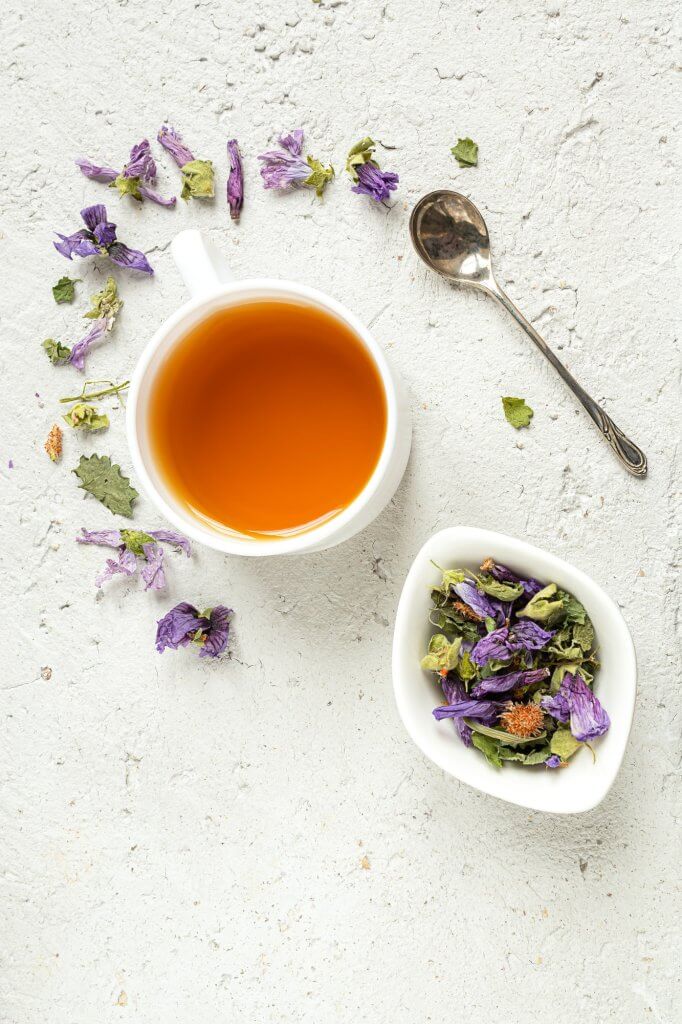
In holistic well-being, an increasing number of individuals are turning to herbal remedies to enhance their health naturally. This guide explores the therapeutic potential of 40 healing herbs, each offering a unique set of benefits. From anti-inflammatory powerhouses like turmeric and ginger to calming agents like lavender and chamomile, these herbs have been cherished across cultures for their medicinal properties. As the demand for natural alternatives rises, understanding the science behind these herbal remedies becomes crucial for informed wellness choices.
Turmeric (Curcuma longa), with its vibrant yellow hue, harbors anti-inflammatory and antioxidant properties that support joint health and aid digestion. Similarly, ginger (Zingiber officinale), known for its zesty flavor, acts as an anti-nausea agent, reduces inflammation, and eases joint pain. Integrating these herbs into daily routines can contribute significantly to overall wellness.
Garlic (Allium sativum), beyond its culinary applications, offers immune support, cardiovascular benefits, and anti-inflammatory effects. On the other hand, Chamomile (Matricaria chamomilla), with its delicate flowers, provides a calming influence, promotes restful sleep, and aids in digestion. Together, these herbs form a powerful duo for maintaining health and balance.
Echinacea (Echinacea purpurea), renowned for its immune-boosting properties, can reduce the duration of colds. Meanwhile, Peppermint (Mentha piperita), with its refreshing taste, serves as a digestive aid, relieving indigestion and headaches. Incorporating these herbs into one’s wellness routine can fortify the body’s natural defenses and promote digestive health.

Lavender (Lavandula angustifolia), an aromatic essence, is not only calming but also effective in stress reduction and promoting better sleep. Aloe vera (Aloe barbadensis Miller), often associated with skin care, possesses soothing properties for the skin, aids digestion, and supports overall skin health. The incorporation of these herbs adds a therapeutic dimension to both mental and physical well-being.
Valerian (Valeriana officinalis), recognized for its calming effects, aids in sleep and helps manage anxiety. Milk thistle (Silybum marianum), with its distinctive purple flowers, supports liver health and possesses potent antioxidant properties. Together, these herbs contribute to a balanced approach to both mental and physical wellness.
St. John’s Wort (Hypericum perforatum), a natural mood enhancer, aids in managing mild depression and promoting emotional well-being. Nettle (Urtica dioica), rich in nutrients, addresses allergies and provides general health support. The combination of these herbs offers a holistic approach to emotional and nutritional wellness.
Dandelion (Taraxacum officinale), often considered a weed, supports liver health, acts as a diuretic, and provides overall detoxification. Licorice root (Glycyrrhiza glabra), with its sweet flavor, has anti-inflammatory benefits and supports respiratory health. Integrating these herbs into one’s routine can contribute to a healthier liver and respiratory system.
Holy basil (Ocimum sanctum), an adaptogenic herb, aids in stress management, provides anti-inflammatory benefits, and supports the immune system. Saw palmetto (Serenoa repens), recognized for its support of prostate health, reduces inflammation and promotes overall well-being in men. These herbs contribute to a balanced approach to both mental and physical wellness.
Feverfew (Tanacetum parthenium) and Rosemary (Rosmarinus officinalis): Feverfew, a herb with small daisy-like flowers, has potential migraine-relief properties and offers anti-inflammatory benefits. Rosemary, with its aromatic leaves, supports cognitive function and provides antioxidant properties. These herbs present a dual approach to addressing inflammatory concerns and promoting mental clarity.
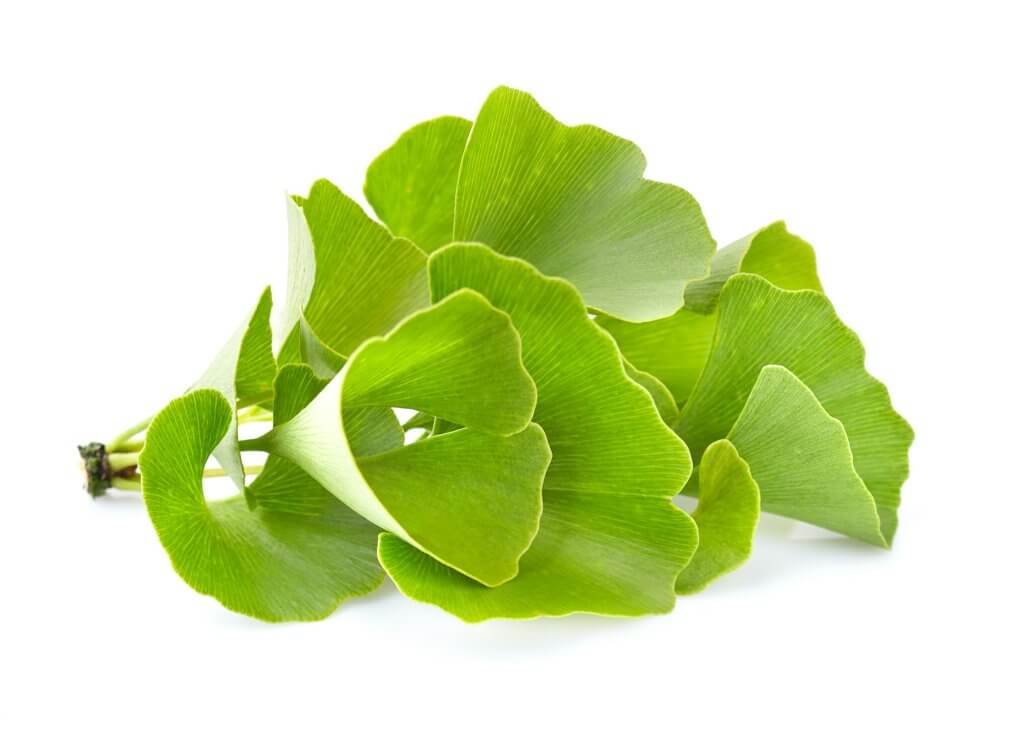
Ginkgo biloba (Ginkgo biloba), known for its fan-shaped leaves, supports cognitive function, improves circulation, and provides antioxidant benefits. Hawthorn (Crataegus), with its red berries, offers cardiovascular support and may regulate blood pressure. Integrating these herbs into one’s routine can enhance both mental acuity and cardiovascular health.
Ashwagandha (Withania somnifera), an adaptogenic herb, supports stress management, vitality, and hormonal balance. Bilberry (Vaccinium myrtillus), akin to blueberries, supports eye health and offers antioxidant benefits. Together, these herbs contribute to a holistic approach to stress management, vitality, and overall health.
Passionflower (Passiflora incarnata), recognized for its intricate blooms, provides calming effects, aids in sleep, and may help alleviate anxiety. Siberian ginseng (Eleutherococcus senticosus), an adaptogenic herb, boosts energy levels and supports the immune system. Combining these herbs can promote a calm mind and robust physical well-being.
Cat’s claw (Uncaria tomentosa), a woody vine, offers anti-inflammatory and immune-supporting properties. Burdock root (Arctium lappa), with its deep roots, purifies the blood and supports skin health. The integration of these herbs into one’s routine provides a dual approach to inflammation control and skin health.
Maca root (Lepidium meyenii), native to the Andes, supports hormonal balance, enhances energy levels, and improves stamina. Sage (Salvia officinalis), with its fragrant leaves, provides cognitive support and possesses anti-inflammatory properties. The combination of these herbs contributes to both hormonal balance and mental acuity.
Black cohosh (Actaea racemosa), recognized for its white flowers, provides relief from menopausal symptoms and supports women’s health. White willow bark (Salix alba), a natural source of salicin, offers natural pain relief and anti-inflammatory benefits. These herbs offer a dual approach to women’s health concerns and general pain management.
Lemon balm (Melissa officinalis), a member of the mint family, provides calming effects, aids in digestion, and supports restful sleep. Red clover (Trifolium pratense), with its vibrant blooms, supports hormonal balance and contributes to skin health. Integrating these herbs into daily routines can enhance mental well-being and skin vitality.
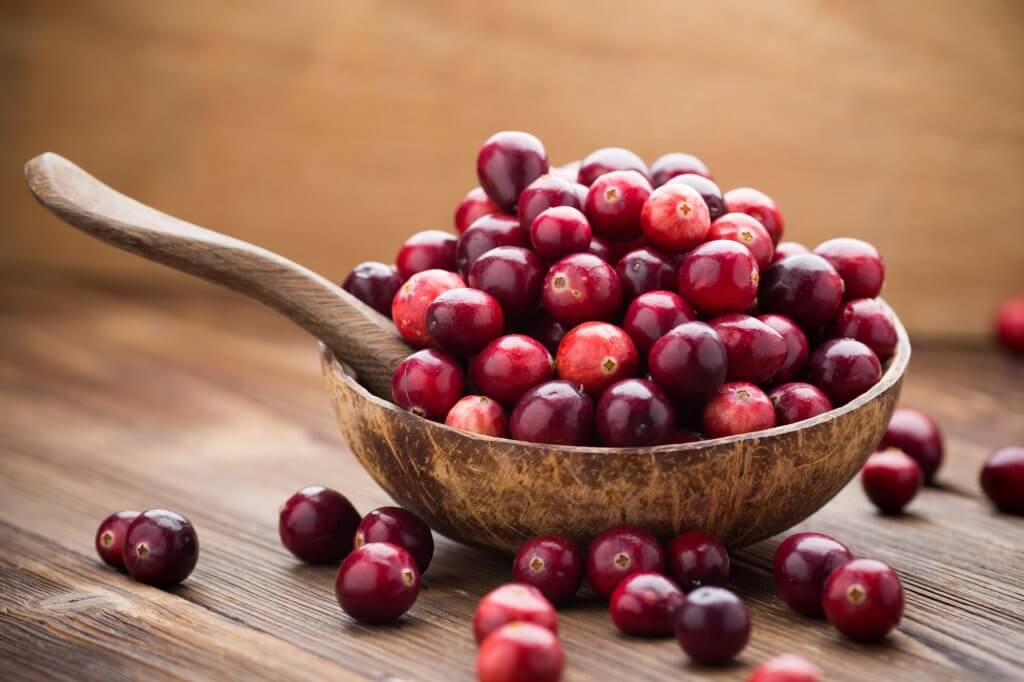
Oregano (Origanum vulgare), a culinary herb, provides antimicrobial properties and supports digestive health. Cranberry (Vaccinium macrocarpon), recognized for its tart flavor, supports urinary tract health and provides antioxidant benefits. These herbs contribute to both digestive and urinary tract wellness.
Bromelain, derived from pineapple, offers anti-inflammatory benefits and aids in digestion. Devil’s claw (Harpagophytum procumbens), with its unique claw-like fruits, provides relief from joint pain and inflammation. Integrating these herbs into one’s routine can offer a dual approach to inflammation control and digestive health.
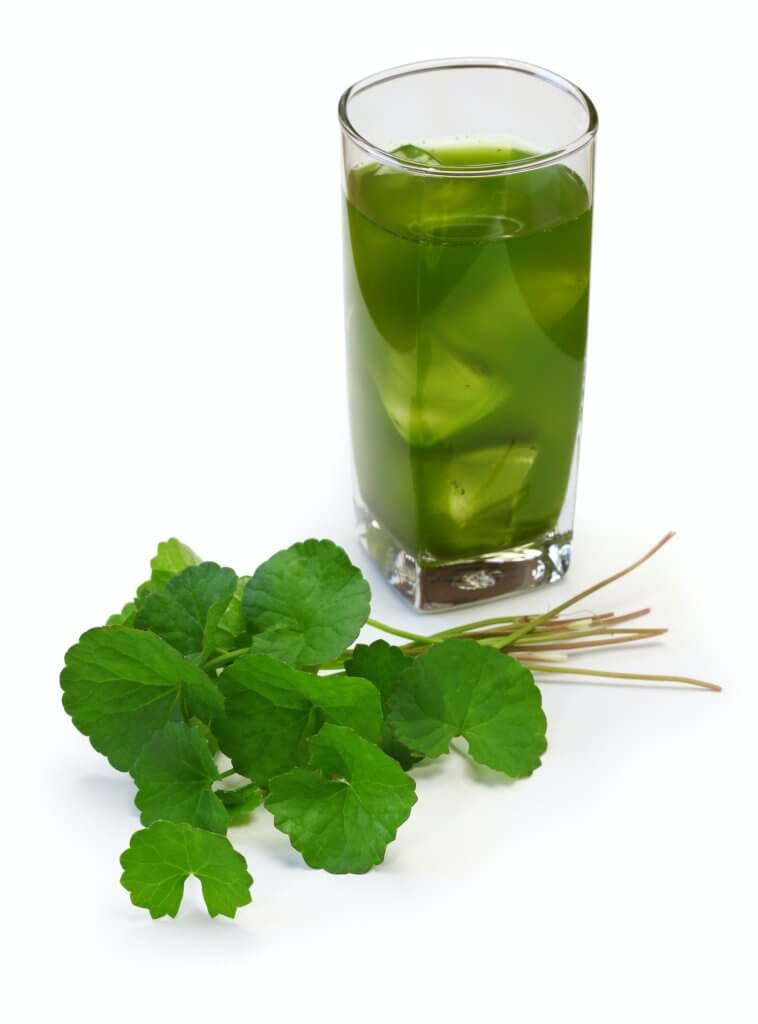
Juniper (Juniperus communis), with its berries, offers diuretic properties and supports digestive health. Gotu kola (Centella asiatica), often referred to as the “herb of longevity,” provides cognitive support and contributes to skin health. These herbs offer a dual approach to digestive health and mental acuity.
The diverse array of 40 herbal remedies presented in this comprehensive guide underscores the potential for harnessing the power of nature for overall wellness. From anti-inflammatory properties to stress management, hormonal balance, and immune support, these herbs offer a holistic approach to health. Integrating these remedies into daily routines allows individuals to embark on a journey towards enhanced well-being.
While herbal remedies are generally considered safe, it is crucial to consult with a healthcare professional before incorporating them into one’s routine, especially for individuals with existing health conditions or those taking medications. This guide is for informational purposes only and does not replace professional medical advice. Individual responses to herbal remedies may vary, and it is advisable to exercise caution and prudence in their use.
1. What is the primary goal of using herbal remedies for wellness? The primary goal is to promote holistic well-being by harnessing the natural healing properties of herbs. These remedies aim to support various aspects of health, including anti-inflammatory responses, immune system function, and mental well-being.
2. How can turmeric and ginger contribute to overall wellness? Turmeric and ginger have anti-inflammatory and antioxidant properties that support joint health, aid digestion, and provide overall immune system support. Their inclusion in daily routines can contribute to a balanced approach to wellness.
3. Are there specific herbs that can help with stress and sleep? Yes, herbs like lavender, chamomile, valerian, and passionflower are known for their calming effects and can aid in stress management and promote restful sleep.
4. Can herbal remedies be used for cardiovascular health? Certainly, herbs like garlic, hawthorn, and ginkgo biloba are known for their cardiovascular benefits, including supporting heart health and improving circulation.
5. How do adaptogenic herbs like Ashwagandha and ginseng contribute to wellness? Adaptogenic herbs like Ashwagandha and ginseng help the body adapt to stress, boost energy levels, and support cognitive function, contributing to overall mental and physical wellness.
6. Are there herbs specifically beneficial for women’s health? Yes, herbs like black cohosh, red clover, and dong quai are known for supporting women’s health, especially during menopause, by addressing symptoms and promoting hormonal balance.
7. Can herbal remedies be used for skin health? Herbs like aloe vera, burdock root, and gotu kola contribute to skin health by soothing irritations, supporting detoxification, and providing overall skin vitality.
8. How can herbal remedies address digestive concerns? Herbs like peppermint, ginger, and dandelion support digestive health by aiding in digestion, relieving indigestion, and promoting liver function.
9. Are there herbs that provide natural pain relief? Yes, white willow bark, devil’s claw, and arnica are herbs known for their natural pain-relieving and anti-inflammatory properties.
10. Is it safe to use herbal remedies, and are there any precautions to consider? While herbal remedies are generally safe, it is crucial to consult with a healthcare professional before incorporating them, especially if you have existing health conditions or are taking medications. Individual responses may vary, and it’s important to exercise caution and seek professional advice.